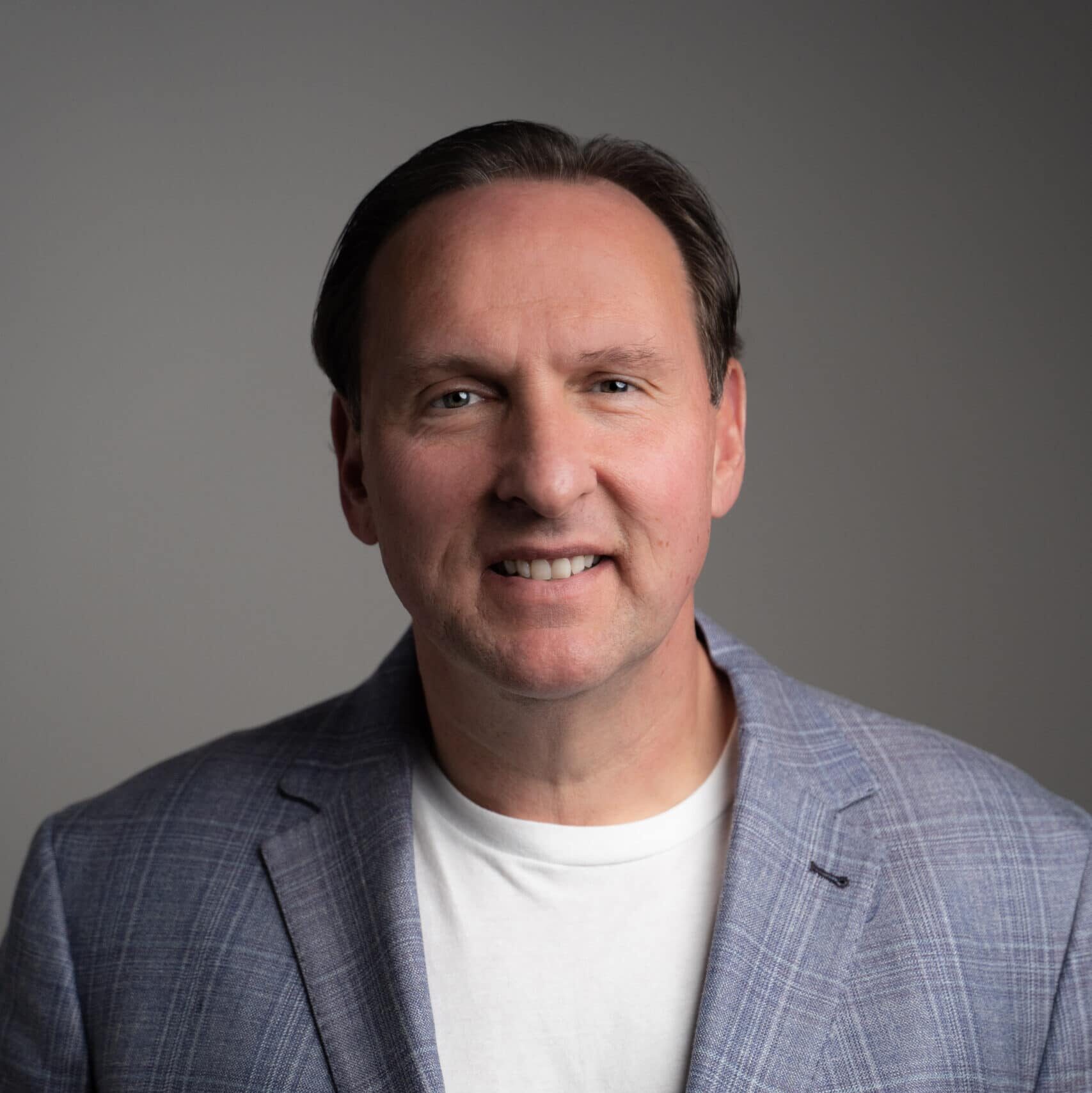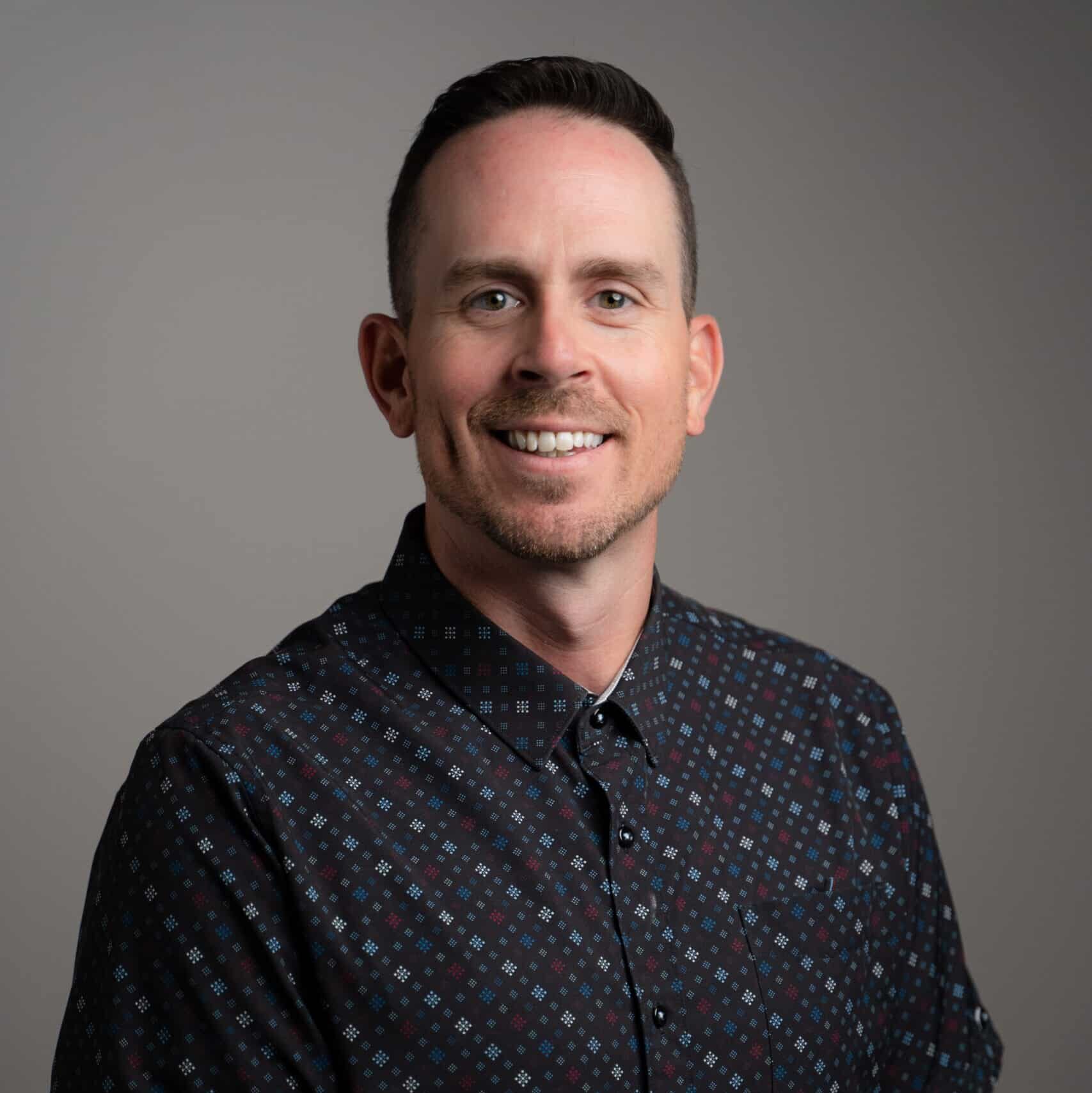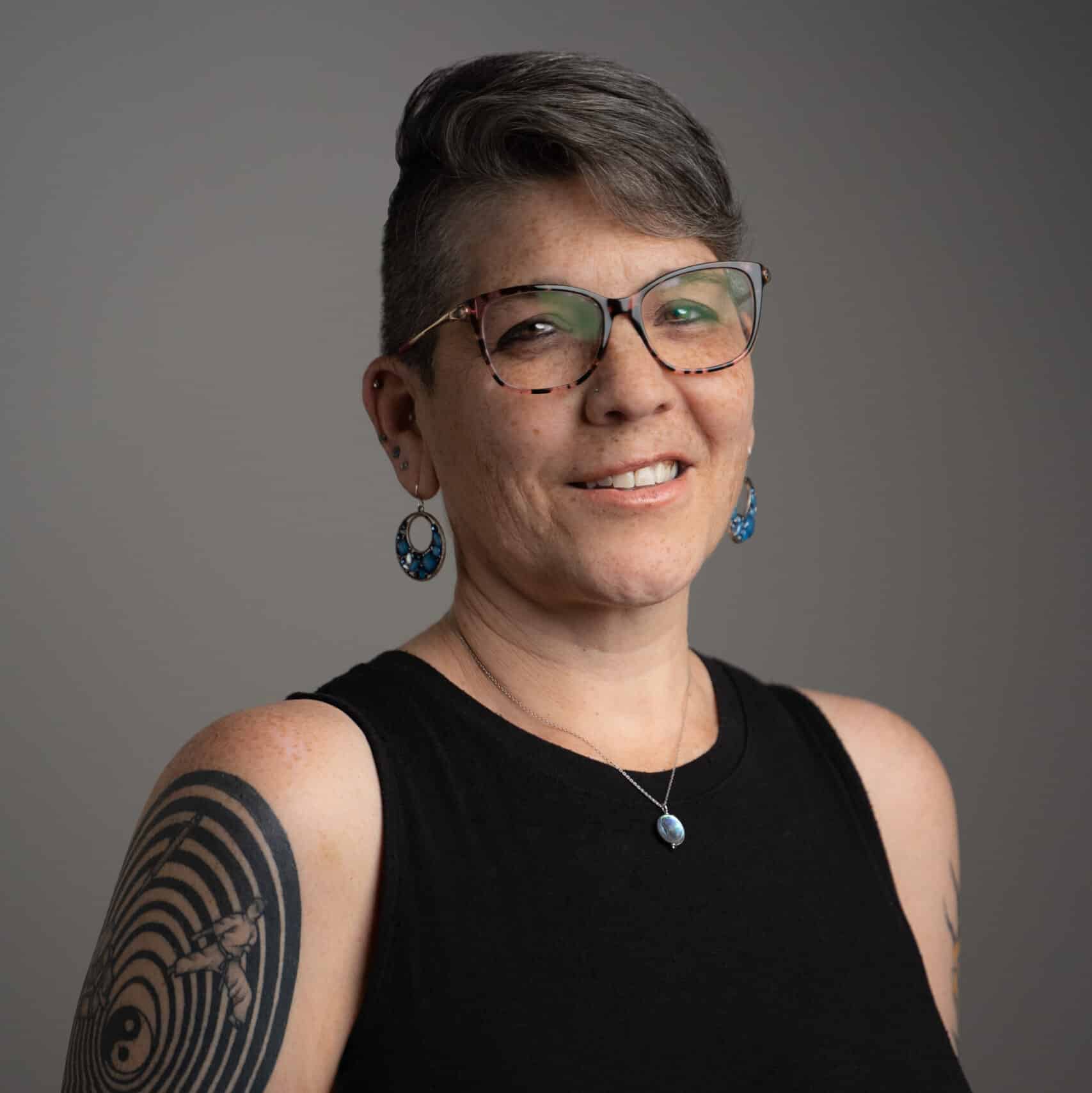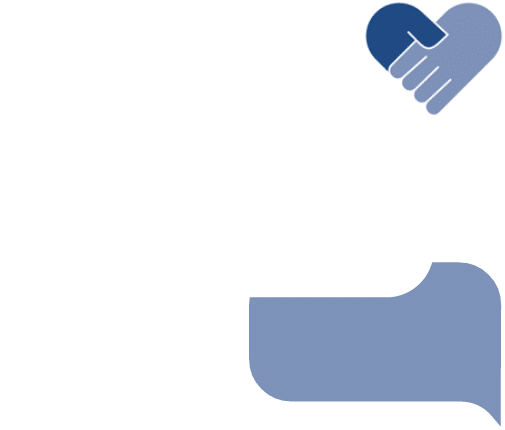Intervention Services in New Hampshire for Mental Health, Alcoholism, and Drug Addiction
Our S.A.F.E.® (Self Awareness Family Education™) Addiction and Mental Health Intervention Services are for Families in New Hampshire and Elsewhere who have Hit Bottom and are Ready for Help Even if their Loved Ones are Not.
The amount of Addiction and Mental Health Intervention Services available in New Hampshire, the surrounding areas, and the nation is overwhelming. The number of resources available to the families of those experiencing addiction and mental health is incredibly underwhelming. The entire focus of the addiction and mental health industry is centered around helping the person with an addiction, alcoholics, and those with mental health disorders, much like the family’s attention. Most treatment centers and families do not realize the importance of family recovery in the overall success of addiction and mental health recovery. Family Recovery, such as Behavioral Family Therapy and Behavioral Couples Therapy, is an evidence-based treatment that most people do not take advantage of, nor do treatment centers offer, and why? For the same reasons families do not help themselves, the focus has been and always will be entirely on the one who is perceived to need help.
Family First Intervention in New Hampshire and the rest of the country understand the importance of these evidence-based services. When a family improves, it also increases the opportunity for their loved one to improve. How many more times is a family going to watch their loved one take off for another treatment center, try a new medication, go to different meetings, or find a job or significant other, believing this will be the last time? If the family spent as much time as their loved one in treatment, they would undoubtedly have improved, so why doesn’t their loved one? The answer has to do with dysfunctional family systems, unhealthy family roles, maladaptive coping skills, enabling, codependency, fear, and lack of psychoeducation.
Whether or not your loved one improves, the family can. If we have found one truth in addiction recovery, we have found that family recovery, an evidenced-based approach, improves outcomes significantly. For an interventionist, therapist, psychiatrist, psychologist, counselor, mental health, or addiction professional to overlook this is very discouraging. The biggest reason family involvement is not taken into consideration is money. For treatment centers and healthcare professionals, the money is in the person with an addiction, alcoholic, or mental disorder client’s treatment, not their family. The evidence is there, and yet very few do it. At Family First Intervention, it is our entire focus, and we bring it into the curriculums of the treatment centers we send clients to. The results are more extended lengths of stay, higher completion rates, and much higher rates of long-term sobriety.
How our S.A.F.E.® New Hampshire Intervention Services work for Addiction and Mental Health Disorders
Our curriculum focuses on the family while your loved one is in treatment or is still trying to manipulate you on the reasons why they do not need to go to treatment. We have very little interaction with your loved one outside of face-to-face intervention. We interact significantly with your loved ones’ treatment team and your family while in treatment. In doing so, we can assist the treatment team with bringing omitted information to their attention and addressing any discrepancies between what they are telling their counselor or therapist and what they are saying to their family. How many times has your loved one gone to treatment where you were able to have a voice? Whether your loved one accepts or refuses help after the intervention, we help your family through the trials and tribulations of their uncertainty and volatility. The biggest mistake a family can make is letting their guard down or believing their loved one is better now that they are in treatment; in treatment is when things will almost always get worse before they get better.
Our S.A.F.E.® intervention Services program in New Hampshire and nationwide was designed to show that the real work begins once the intervention is over. We start educating you from the moment we arrive for family day. The face-to-face intervention will teach you more about yourself and your loved one’s behaviors. In the end, you will hopefully realize your role in addiction and mental health as well as understand how and why unhealthy family roles, maladaptive coping skills, codependency, and enabling robbed you of your joy and your loved one of their recovery. After the intervention, you will learn that your loved ones’ problems were not the alcohol or drugs; they were the behaviors. In cases of mental health, you may know they were inaccurately diagnosed their entire lives and were possibly on the wrong medications. You may even find out that they did not have a mental disorder and that it was caused by substance use. Regardless of what you learn later, you will hopefully know how to navigate it. Our S.A.F.E.® Family Recovery Coaching aims for you and your family to know what to do next and to build your recovery network.
Meet Our Experienced Intervention Counselors

Mike Loverde, MHS, CIP
Clinical Director & Founder, Family First Intervention



Lisa Loverde, CADC
CFO & Compliance Officer



Adam Faulkner
CEO



Regina Greene, MS, NLP, Psy.D. (Doctoral Candidate)
Director of S.A.F.E.® Family Recovery



Lydia Negron, MT-BC
S.A.F.E.® Family Recovery & Post Intervention Support



Meghan Gaydos, MA
S.A.F.E.® Family Recovery & Post Intervention Support



Makayla Zubal
Administrative Assistant
An intervention is not about how to control your loved one with a substance use or mental health disorder; it is about learning how to let go of believing you can.
Addiction and Mental Health Intervention Resources in New Hampshire and Nationwide
As we stated earlier in this article, there is no shortage of help or resources available for those with addiction or mental health issues in New Hampshire and elsewhere. Many families come to us saying they are unable to find any help. The truth is that there is not a shortage of resources; there is a shortage of people taking advantage of the resources. The need also includes families unwilling to act and intervene. Families become paralyzed, and the fear of staying the same is often less than that of doing something different with an unknown outcome. So, the bigger question is why people forgo resources in exchange for staying the same and remaining victims of circumstance. Families often choose the path of inaction for fear of the unknown outcome, as their loved one chooses the path of continued destruction because their family allows it, and they can. We are not saying that as soon as your family stops enabling and gets better, your loved one will, too. What we are saying is that you can’t directly control them and their recovery; you can only control you and yours.
The good news is that your recovery has a significant impact on whether they seek help for their addiction or mental health concerns. They won’t if your loved one sees no need to do something different. Waiting for them to ask for help, want help, or hit bottom while you want help, are asking for help, and are hitting bottom makes little sense. We need to start putting the focus of recovery on the family first. If we wait for the impaired individual to do so, we will be waiting a very long time.
“The most formidable challenge we professionals face is families not accepting our suggested solutions. Rather, they only hear us challenging theirs. Interventions are as much about families letting go of old ideas as they are about being open to new ones. Before a family can do something about the problem, they must stop allowing the problem to persist. These same thoughts and principles apply to your loved one in need of help.”
Mike Loverde, MHS, CIP





